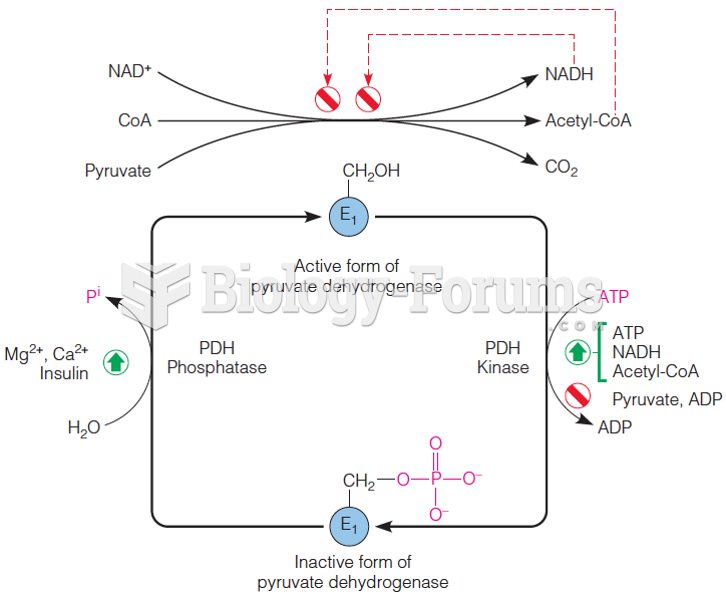This topic contains a solution. Click here to go to the answer
|
|
|
Did you know?
Not getting enough sleep can greatly weaken the immune system. Lack of sleep makes you more likely to catch a cold, or more difficult to fight off an infection.
Did you know?
Blood in the urine can be a sign of a kidney stone, glomerulonephritis, or other kidney problems.
Did you know?
It is difficult to obtain enough calcium without consuming milk or other dairy foods.
Did you know?
Stroke kills people from all ethnic backgrounds, but the people at highest risk for fatal strokes are: black men, black women, Asian men, white men, and white women.
Did you know?
Pope Sylvester II tried to introduce Arabic numbers into Europe between the years 999 and 1003, but their use did not catch on for a few more centuries, and Roman numerals continued to be the primary number system.
 Ethnographic studies of the Baka pygmies of central Cameroon, and other people who still live as ...
Ethnographic studies of the Baka pygmies of central Cameroon, and other people who still live as ...
 U.S. suburbs were once unplanned, rambling affairs that took irregular shapes as people moved away ...
U.S. suburbs were once unplanned, rambling affairs that took irregular shapes as people moved away ...





